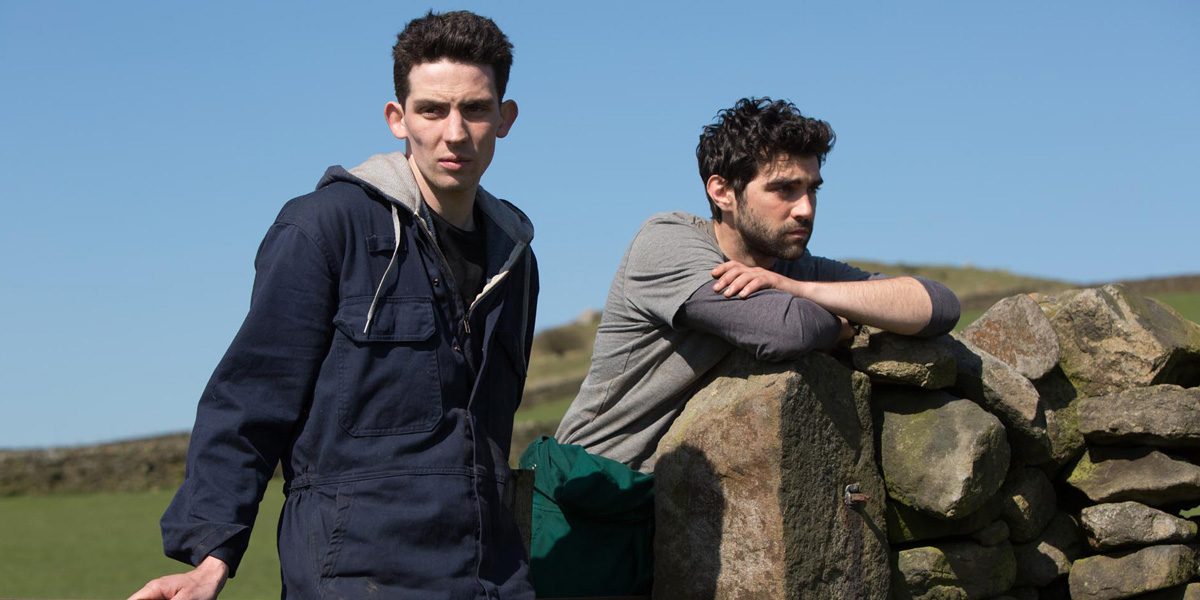In honour of Valentine’s Day, Hyde Park Picture House put on a special viewing of Francis Lee’s ‘God’s Own Country’. It is set in our very own Yorkshire Moors, where the earth is scoured raw by the elements and the perennial fog seems to permanently isolate this sombre canvas from the rest of the world.
Johnny (Josh O’Conner) is a disaffected youth burdened with the responsibility of running the farm under the ever-watchful eyes of his sick father and hard-mouthed grandmother. Johnny
Lee has an incredible eye for cinematography whether it be a single light from the farmhouse glaring steadfastly into the
The arrival of Gheorghe (Alec Secareanu), a
What the film lacks in explanatory dialogue, it has in beautifully shot silent exchanges between Johnny and Gheorghe, suggesting that sometimes the physicality of love surpasses the need for its articulation. The two men are far from alike – which is more relatable than ever in this post-Brexit world – but isolated together on the bleak moor their relationship is allowed to develop with surprising tenderness on both their parts.
This film is also unique in the sense that its uneven story arc progresses from miserable to hopeful – Johnny and Gheorghe eventually reunite and return to the farm together. Other LGBT films more high profile than this low-budget Sundance number; do not follow such a happy narrative. ‘Brokeback Mountain’, for instance, ends with Ennis’s devastating discovery that his former lover Jack is dead. ‘Blue is the Warmest Colour’ begins with love but ends with the relationship between Adèle and Emma slowly falling apart due to jealously and individual insecurities. Even the much deified ‘Call Me By Your Name’ ends with a scene more emotional than Jack finally letting go of Rose.
It appears to me that there is a persistent trend within LGBT films – no one is allowed their much deserved happy ending. While their stories are being given more screen time than ever before, they are more often than not candid portrayals of the heart-breaking nature of
Why must the failsafe queer narrative include heartbreak? Emotions, whether they are happy or sad, do not discriminate by sexuality. Why must we then discriminate for them? ‘God’s Own Country’ entertains the idea that LGBT films can end happily, and
Hattie Graham
Image credit: stanforddaily.com

